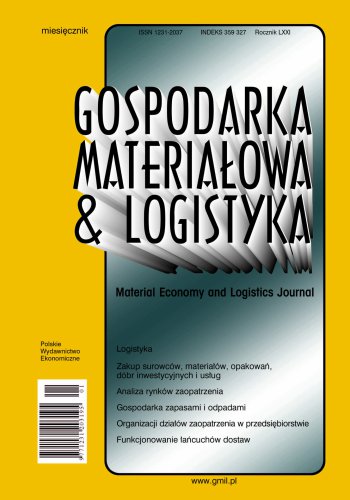This publication presents the options of life cycle assessment in terms of categorisation of the environmental characteristics of a product achieved through the analytical methods used, as well as in terms of the identification of harmful substances along with the route of emission into the environment. These emissions are linked to specific products, processes and even the raw materials necessary for the production of the materials studied. The knowledge gained in this way makes it possible to carry out environmental optimisation by replacing and correcting processes, materials or raw materials characterised by such negative emissions, as well as increasing the share of components with a positive character of the generated impacts.
The aim of the study was to determine the specific impacts of a product while indicating the substances responsible and identifying the processes that generate them throughout the product life cycle. Precise verification of the environmental damage caused by a product system allows specific preventive measures to be taken. The indirect aim of the study was to make it possible to determine corrective steps for the product by identifying areas that are particularly exposed to negative environmental effects from the product and thus make it possible to perform environmental optimisation. The results obtained can be particularly useful in the implementation of eco-design, as well as in planning future versions of the device. Carrying out a detailed LCA analysis enables an in-depth understanding of the nature of product manufacturing, as well as presenting the capabilities of the research method. Furthermore, in each of the stages identified, important aspects can be demonstrated which should be continuously improved through various measures as part of a continuous quality improvement process, regardless of the hierarchy of the phases of the product life cycle.
Keywords: life cycle assessment; product optimization

